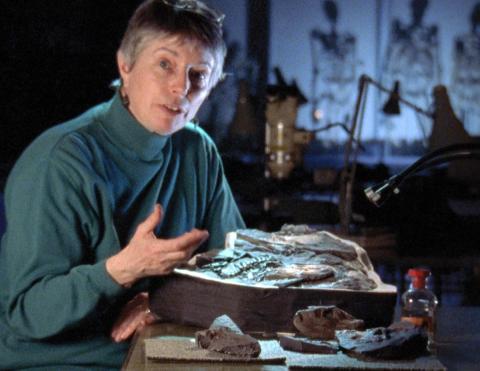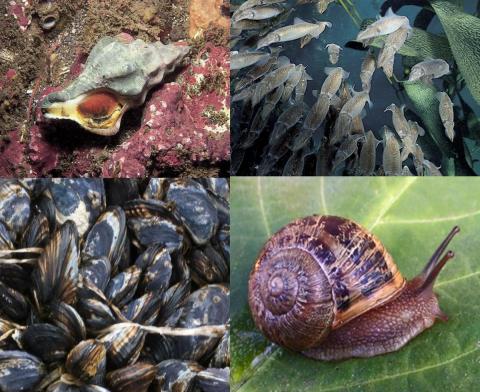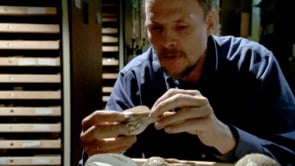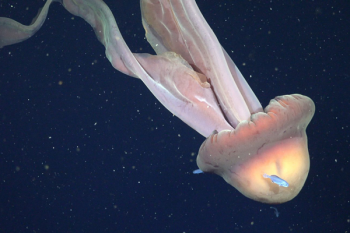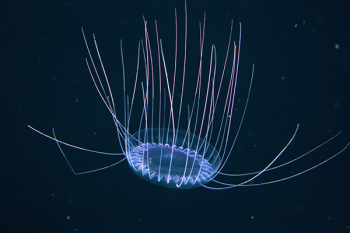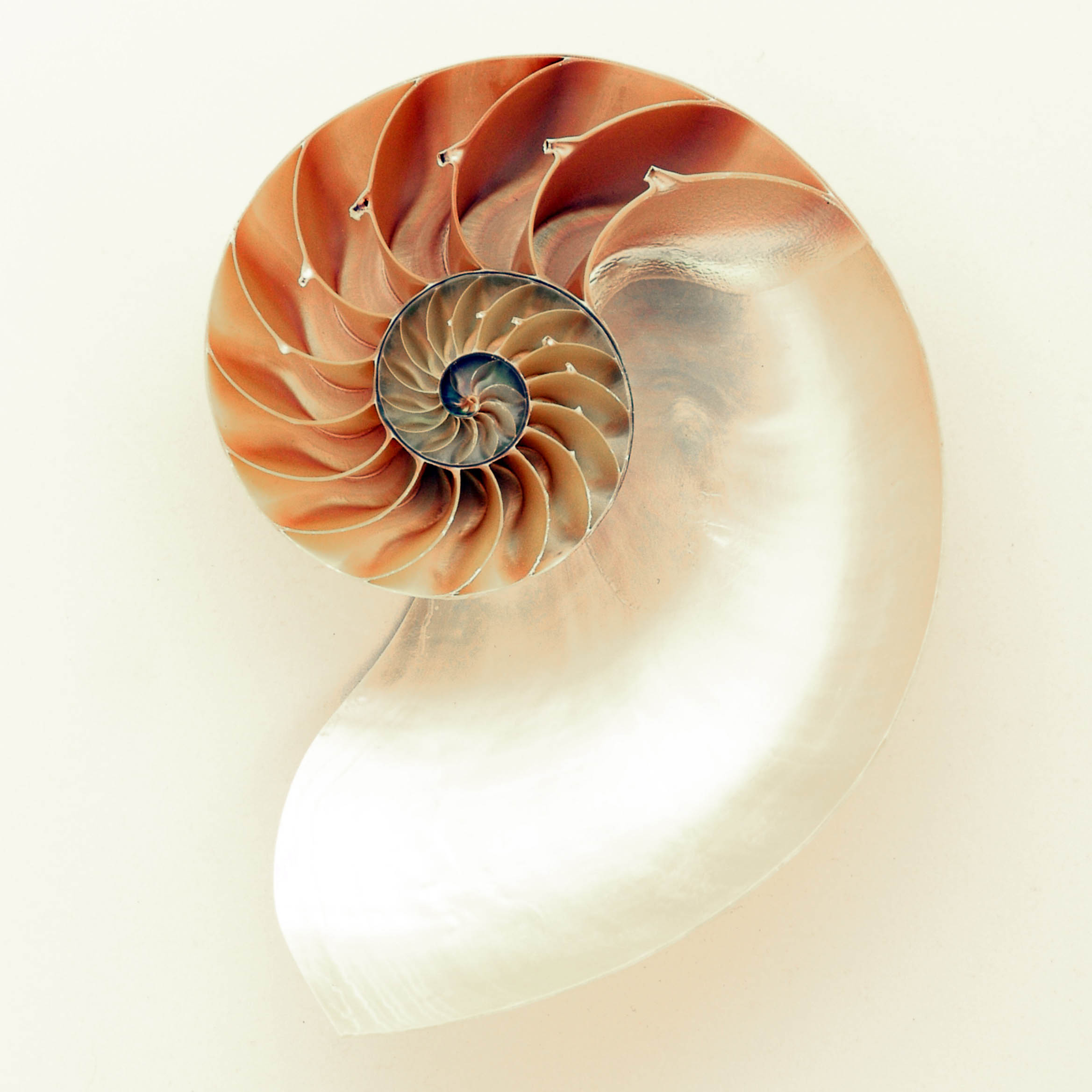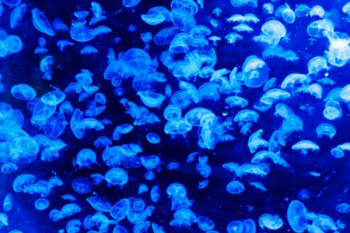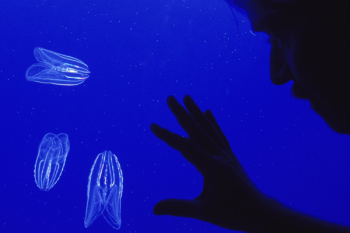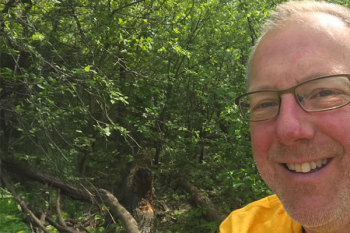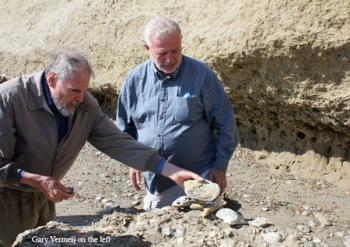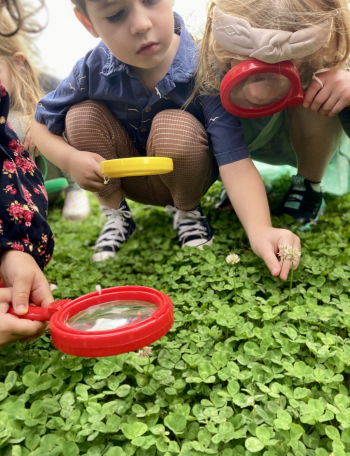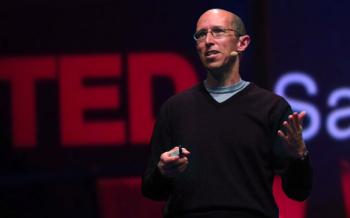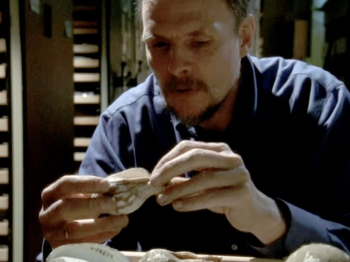
All organisms endure an arms race. We have bacteria and antibiotics, that's kind of an arms race. We have shells and shell-breaking predators, that's a classic arms race. Everything in biology really is an arms race. -- Geerat Vermeij
Evolutionary Biologist Geerat Vermeij, has spent his career studying the form and function of shells. Blind since childhood and equipped with an acute sense of touch, Vermeij studies molluscs in a completely unique way. With his fingertips, he coaxes out their ancient history from their shells, exposing secrets embroidered in the shells' curves, chips, battle scars and ridge lines. He has reveled the creativity of molluscs, and probably knows more about molluscs and their shells than anyone alive.
"I think that a body plan can be pushed incredibly far," Vermeij says. "When you think about molluscs, they're everything from slow, tank-like snails, to very, very fast squid that have large brains and very, very good eyes. There is virtually nothing that you can't do with a molluscan body plan. It may take evolutionary time to get there, but you can get there. And, well, for me, the most amazing things about molluscs is their sheer beauty—the diversity on a simple theme of spiral growth, how much you can do with a simple theme like spiral growth. They show all these wonderful variations, it's kind of like listening to Bach all your life.”
About Geerat Vermeij’s career
Geerat Vermeij, is a Professor of Marine Ecology and Paleoecology at the University of California, Davis. He is probably best known for his work chronicling the arms race among long-extinct molluscs and their predators. By examining and analyzing fossils for evidence of interspecies competition and predation, Vermeij has prompted the field of paleobiology to acknowledge the profound influences creatures have on fashioning each other's evolutionary fates.
Vermeij has published nearly a hundred scientific papers and four books, including Evolution and Escalation: An Ecological History of Life, A Natural History of Shells, and a recent autobiography entitled Privileged Hands: A Scientific Life. He served as editor for Evolution, the field's foremost journal, has a world-class collection of shells, and is an intrepid field naturalist and explorer of the coasts of nearly every continent. Vermeij received a MacArthur Fellowship, the “genius” grant in 1992, and in 2000 was awarded the Daniel Giraud Elliot Medal from the National Academy of Sciences.

